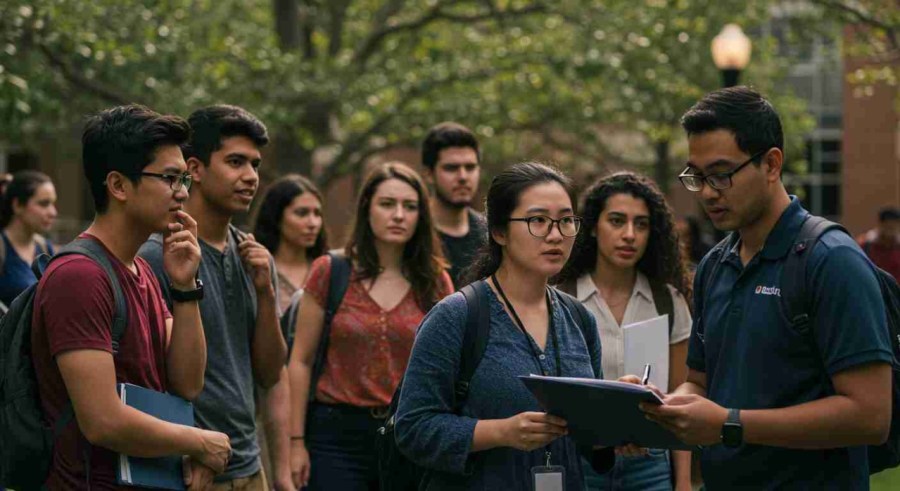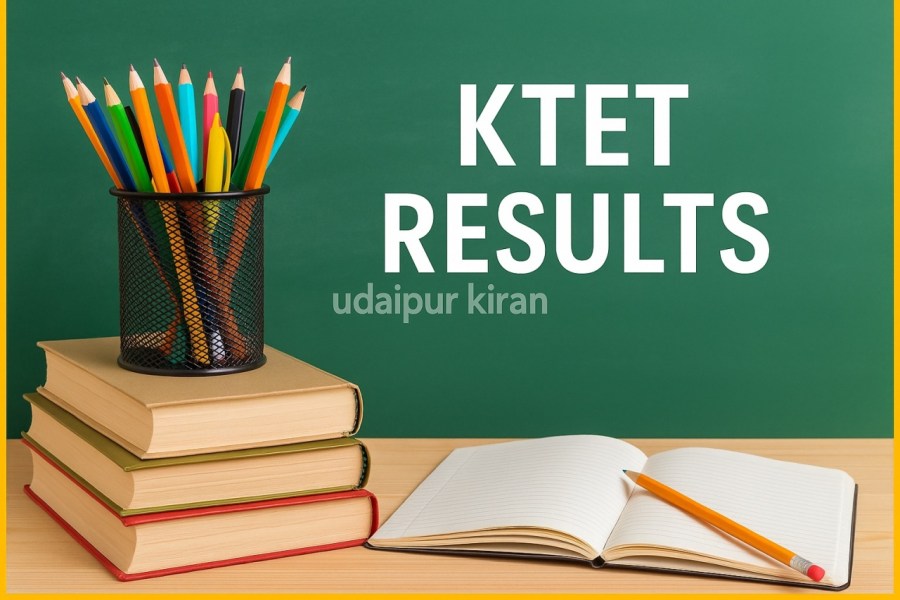Are SEVIS Terminations Eroding America’s Edge in Global Talent?
The American Dream in Jeopardy
For decades, the United States has stood as a beacon of hope and opportunity for international students, attracting the best and brightest to its institutions of higher education. But recent abrupt SEVIS (Student and Exchange Visitor Information System) terminations have thrown that narrative into question. In a stunning development, 133 international students on legal F-1 visas—many under the Optional Practical Training (OPT) program—had their legal status revoked without prior notice or explanation.

These students, who had adhered to every legal and administrative protocol, found themselves suddenly reclassified as unlawful residents by the Department of Homeland Security (DHS). For them, the American dream didn’t just fade—it shattered. Without warning or a platform for appeal, they were left facing the threat of deportation, and a complete unraveling of their futures in a country they trusted.
SEVIS System: Guardian or Gatekeeper?
The SEVIS system, intended to monitor compliance and security within the student visa program, has come under sharp scrutiny. While the DHS cited administrative procedures, the lack of transparency and due process raised alarms across legal, academic, and international communities.
A federal judge in Georgia, Victoria Calvert, granted a temporary reinstatement of the affected students’ statuses, offering a momentary sigh of relief. But her landmark statement—that visa revocation does not inherently translate to unlawful presence—exposed a deeply flawed interpretation of immigration law.
These SEVIS terminations have underscored the urgent need for reform. Students who left their homelands for better prospects are now caught in a bureaucratic nightmare, questioning the very foundations of U.S. immigration policy.
A Growing Brain Drain
Historically, the U.S. has benefitted immensely from international students, both economically and intellectually. According to NAFSA (National Association of Foreign Student Advisers), international students contributed over $40 billion to the U.S. economy in recent years. Their presence strengthens research, diversifies classrooms, and fosters innovation.
Yet, while the U.S. grapples with a growing STEM workforce deficit, it appears to be turning away the very talent it needs most. In contrast, countries like Canada, the United Kingdom, and Australia are embracing global students with streamlined processes and transparent immigration policies.
These nations are no longer second choices. They’re becoming first destinations, especially as the U.S. projects unpredictability. The chilling effect of SEVIS terminations is real, sending shockwaves from Mumbai to São Paulo, with future students increasingly wary of taking the risk.
Rebuilding Trust: A Policy Imperative
The SEVIS fallout is not just a student issue—it’s a national one. If left unaddressed, it threatens America’s long-standing reputation as a premier destination for global minds. Immigration policy, particularly around student and exchange programs, needs a reorientation rooted in fairness, clarity, and accountability.
International students are not just visa holders—they are future innovators, entrepreneurs, and contributors to American society. Their investment in the U.S. deserves more than opaque enforcement and policy blind spots.
It is imperative for U.S. leadership, from the DHS to higher education institutions, to work collaboratively in restoring faith in the system. This begins with immediate reforms to SEVIS oversight and broader dialogue around humane immigration practices.
Because in the global race for talent, the United States cannot afford to lead by exclusion.





















